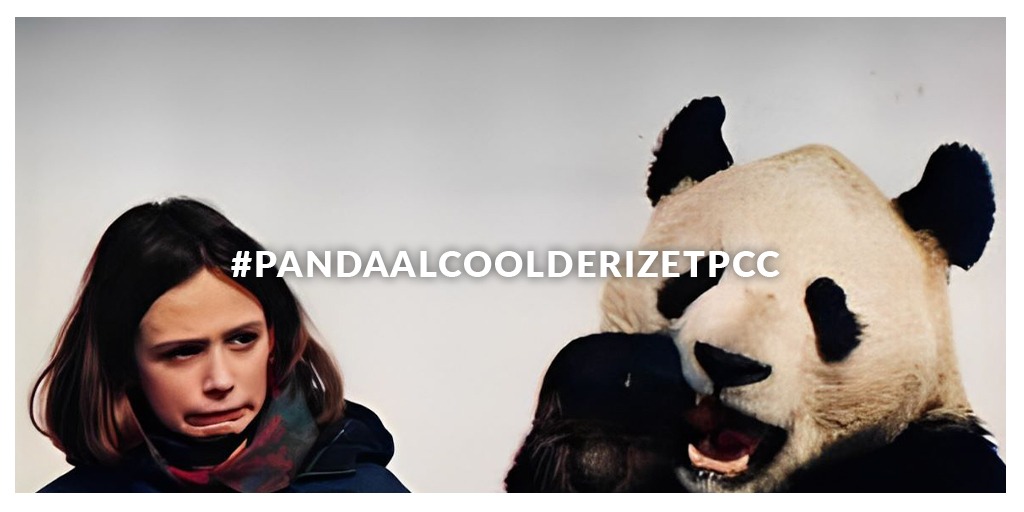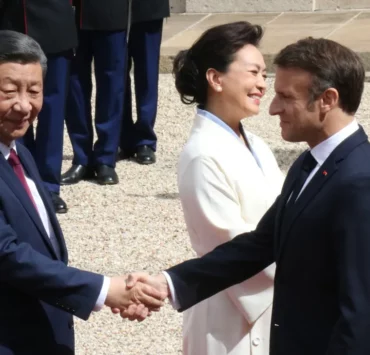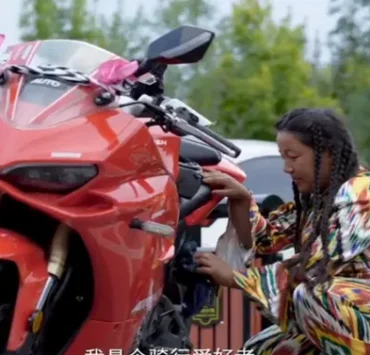PARPCC#20 – La Chine a-t-elle remporté le jeu du blâme autour de la pandémie de COVID-19 ?

En 2020, alors que le monde prend connaissance des premiers cas de la maladie que l’on appellera plus tard COVID-19, les provinces et le gouvernement central chinois ont cherché à étouffer « la rumeur ». Comme lors de l’épidémie de SARS, presque 20 ans plus tôt. Délaissant cette posture initiale, Pékin a ensuite lancé l’alerte et s’est engagé dans une guerre informationnelle offensive et défensive pour contrer les reproches de la communauté internationale.
Pour les auteurs de l’étude, Loh et Loke, les luttes informationnelles engagées par la Chine autour de la pandémie de COVID-19 servent deux intérêts : 1) asseoir le statut de grande puissance « responsable » de la Chine au sein de la communauté internationale ; et 2) légitimer le Parti Communiste Chinois auprès de ses concitoyens. Le jeu de blâme de la COVID-19 s’est ainsi structuré autour de trois rôles : un accusateur (la communauté internationale), un accusé (la Chine) et un ou plusieurs spectateurs (la population chinoise et les pays partenaires de la Chine).
Pour servir ses intérêts, la Chine a déployé une palette d’outils défensifs en se posant en victime première du virus par exemple, pour minimiser le rôle du gouvernement central dans la propagation du virus ; et offensifs, comme les déclarations agressives des diplomates postés en Occident. Ces outils ont semblé rentrer en contradiction : d’un côté, la Chine a organisé des campagnes de désinformation sur l’origine du virus, de l’autre, elle a assuré l’Organisation mondiale de la santé de son soutien financier (tandis que Donald Trump suspendait la contribution des Etats-Unis). Pour Loh et Loke, ces éléments apparemment contradictoires ne le sont en fait plus si l’on s’intéresse aux destinataires de cette stratégie de communication.
D’un côté, les tweets agressifs des diplomates chinois « loups-guerriers » sur Twitter, réseau social inaccessible en Chine, étaient largement relayés sous la forme de captures d’écran sur Weibo, premier réseau social chinois. Ces publications visaient donc aussi un public chinois. A l’inverse, le financement de l’OMS, la distribution d’aide internationale sous forme de matériel, de masques et de vaccins, cherchait à rassurer la communauté internationale sur la volonté chinoise d’agir de manière responsable et collective.
Cette stratégie aurait eu un effet limité sur la communauté international, mais se serait avérée efficace auprès de la population chinoise. En mettant en avant ce mécanisme de « public double » (population chinoise/communauté internationale), l’analyse de Loh et Lok rejoint les travaux de Jessica Chen Weiss sur l’importance de l’image de la Chine dans sa politique étrangère. Une communication à la fois au service d’objectifs extérieurs, mais surtout internes, pour asseoir la légitimité du PCC auprès de sa population. Dans la littérature sur les régimes autoritaires, la question du blâme est souvent traitée du point de vue interne (domestic politics) : l’Etat blâme les autorités locales, et vice-versa. Cet article montre comment les régimes autoritaires mettent en œuvre des processus de légitimation « interne » y compris dans leur activité diplomatique.
Référence: Loh, Dylan, M.H. ; Loke, Beverley (2023), « COVID-19 and the International Politics of Blame: Assessing China’s Crisis (Mis)management Practices”, The China Quarterly, pp.1-17.



